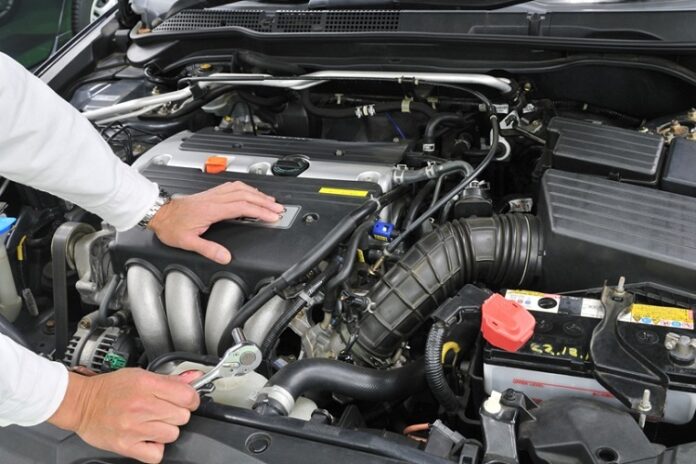Car engines are the heart and soul of any vehicle. They are intricate systems that power cars, providing the necessary force to propel them forward. Understanding how car engines work is essential for any car enthusiast or driver. To delve deeper into this topic and enhance your knowledge, visit 7engine.net. In this article, you will explore the different types of car engines and delve into their inner workings, demystifying the complexities under the hood.
Types of Car Engines
There are several types of car engines, each with its unique characteristics and applications. The most common types include:
Internal Combustion Engines (ICE)
Internal combustion engines are the traditional and widely used engines in most vehicles. They operate by burning fuel inside the engine cylinders to produce power. The two main internal combustion engine types are gasoline and diesel.
Gasoline Engines
Gasoline engines, also known as spark-ignition engines, use spark plugs to ignite a mixture of fuel and air. The combustion of this mixture produces the power that drives the engine. Gasoline engines are known for their smooth operation and higher RPM (revolutions per minute) capabilities, making them ideal for most passenger vehicles.
Diesel Engines
Diesel engines, on the other hand, rely on the compression of air within the engine cylinders to ignite the fuel. This compression-ignition process distinguishes diesel engines from gasoline engines. Diesel engines are known for their high torque output, fuel efficiency, and durability, making them popular in trucks and heavy-duty vehicles.
Hybrid Engines
Hybrid engines combine an internal combustion engine with an electric motor. These engines aim to maximize fuel efficiency by utilizing electric power during certain driving conditions. Hybrid engines are becoming increasingly popular as the automotive industry embraces more environmentally friendly technologies.
How Car Engines Work
Car engines may vary in design and complexity, but their fundamental principles remain the same. Here is a simplified breakdown of how car engines work:
Intake Stroke
The piston descends during the intake stroke, creating a vacuum inside the cylinder. A mixture of fuel and air is allowed to enter the cylinder when the intake valve opens.
Compression Stroke
The air-fuel mixture inside the cylinder is compressed when the piston rises during the compression stroke. Compression raises the temperature and pressure of the mixture, making it more conducive to combustion.
Power Stroke
When the piston reaches the top of its stroke, the spark plug ignites the compressed air-fuel mixture. The resulting explosion forces the piston back down, generating the power that drives the engine.
Exhaust Stroke
The piston rises again during the exhaust stroke, releasing burnt gases from the cylinder. The gases can leave through the exhaust system when the exhaust valve opens. This four-stroke cycle repeats continuously, generating the rotational motion that eventually drives the car’s wheels. You can learn more about car engines and their inner workings on the Learn2Drive4Free website, where you’ll find detailed explanations and resources to expand your knowledge.
Engine Maintenance Tips
To ensure the longevity and optimal performance of your car engine, here are some essential maintenance tips:
Regular Oil Changes
Changing the engine oil at recommended intervals helps lubricate the engine components and remove contaminants, ensuring smooth operation.
Air Filter Replacement
Clean air is crucial for the engine’s combustion process. Regularly replacing the air filter prevents dirt and debris from entering the engine, maintaining efficiency.
Spark Plug Inspection
Spark plugs play a vital role in igniting the air-fuel mixture. Regularly inspecting and replacing worn-out spark plugs can improve engine performance and fuel efficiency.
Cooling System Maintenance
The engine’s cooling system prevents overheating. Regularly checking coolant levels and inspecting hoses and belts can prevent engine damage due to overheating.
Conclusion
In conclusion, comprehending the intricacies of car engines is essential for any car enthusiast or driver. Understanding the different types of engines, how they operate, and the importance of regular maintenance empowers individuals to make informed decisions and ensure the optimal performance of their vehicles. By investing in this knowledge, individuals can confidently drive, knowing they have a solid understanding of the mechanical heart that powers their cars. For more in-depth articles and information about automotive topics, visit the Monotukru.com website, a reliable source for automotive enthusiasts and drivers alike.




